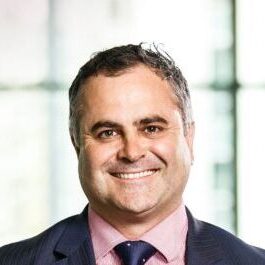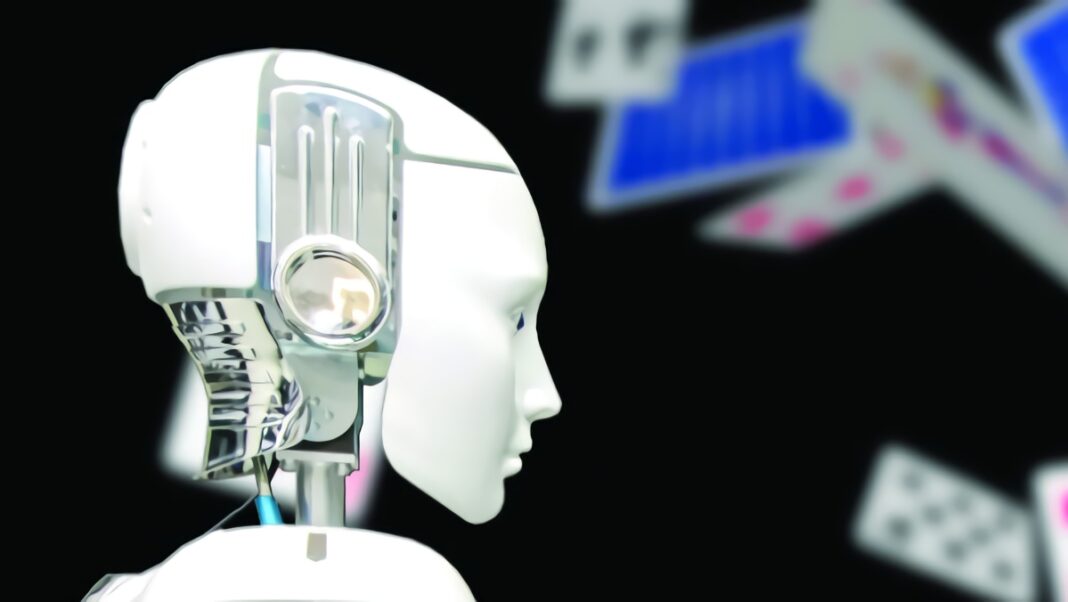Talk about robots in the workplace and people imagine R2-D2 or C-3PO from Star Wars. Worse still, a monster that turns on its human masters. The truth, explains Matt Ballesty from Three Points Consulting, is more pragmatic – “The next robot you meet will probably be serving you a drink or cleaning your hotel room”.

Covid left many challenges in its wake. Operators face staff shortages and training difficulties. Staff who accepted redundancies during the pandemic have established themselves in new vocations. Staff that remained are weary and burnt out, often reducing their hours or becoming disengaged. In Australia, employer brands have been damaged by widely publicized royal commissions, their budgets wounded by losses and fines. In short – the labor supply chain has been struck hard.
Labor shortages might be the new norm but Ballesty believes automation will become a new norm in response. He understands the common misconceptions and fears about robotics and admits he was skeptical at first. These days Ballesty frames the quickly evolving automation options in plain terms: “Making tools is what sets humans apart from many other animals. Robotics are just another kind of tool. A tool with the potential to solve problems in the workplace –mundane tasks, labor shortages and pressures on staffing budgets.”
Many jobs we believed could only be performed by people, Ballesty notes, are now automated or machinated. He gives two examples: “Knocker uppers” who were responsible for waking people with loud noises before electronic alarm clocks existed and “Pinsetters” – workers who replaced bowling alley pins before pin set-up and retrieval machines were created. He lists other occupations we happily live without including soda jerks, elevator operators and town criers. Technologies such as robo-vacuums, fitness tracking watches and phones have offered us freedom, convenience and easy access to information.
Casino veteran Michael French, former SVP of some of the world’s largest casino resorts adds, “It’s important to note that tools typically require a human operator but robots don’t. They act independently and accomplish tasks without the involvement or assistance of a human.” French, who focusses his time educating senior hospitality executives on robotics and automation across the United States says: “I use the term “CoBots” to show the collaborative relationship between human staff and robotic staff.” The term could be seen as mash-up of “robot” + “colleague” or “co-worker”.
“Real, live humans are and will always be critical in a service-based industry,” Ballesty acknowledges. He points out that new technologies often support human contribution rather than replace it. When accompanied by the appropriate technology, Ballesty says customer service can become more efficient, customized or creative. “Plus, new tech can create different product options” he says, pointing out the differences between a digital reader versus a hard copy book or a staffed table game versus a gaming machine. In this way, robotics can facilitate more choices to the customer and create new, unforeseen markets. Aside from front-facing robots or coBots some automated systems may never be encountered by the customer as they support back-of-house and administrative functions.
Is there a debate to be had about robots entering the workplace? Ballesty has moved beyond contemplation. Partnering with Chris Rogers, CEO of 113 East, and Ramona Commbrink, CEO of OCH Limited NZ, Ballesty will showcase some of the latest technology at G2E Macau in July. He says, “The new norm is here, and companies need to assess how they integrate it.” Perhaps the words of writer Stewart Brand are pertinent here: “Once a new technology rolls over you, if you’re not part of the steamroller, you’re part of the road.























